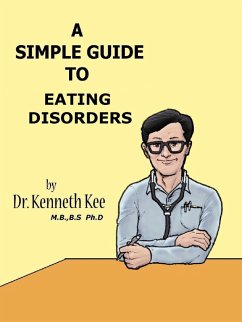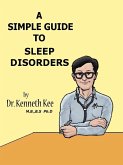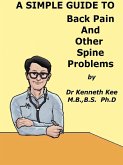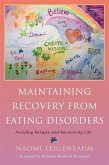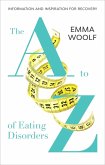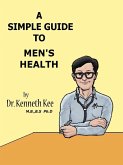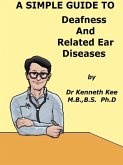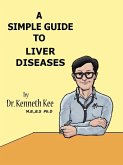It is a psychological problem with patient becoming obsessed with his or her so called obesity with intent to lose weight as a result.
This condition is more prevalent in women than in men.
Onset usually occurs in puberty.
What are the types of Eating disorders?
Eating disorders include:
1. Anorexia nervosa,
2. Bulimia
3. Binged eating with induced vomiting
The most common cause is ostensible fear of obesity resulting in excessive dieting.
There is this distorted image of the body size related to psychosexual conflicts.
Other causes are:
1. Anxiety
2. Depression
3. Low self esteem
4. troubled family and personal relationships
5. History of physical or sexual abuse
6. Cultural and social norms that value people on basis of physical appearance and not inner qualities and strength
7. Sometimes it may be hereditary
What are the symptoms of Eating disorders?
Symptoms:
1. Progressive and excessive weight loss
2. Loss of muscle mass
3. Loss of bone mass with osteopenia, osteoporosis
4. Damage to esophagus, lining of stomach, gastritis, bloating
5. Associated induced endocrine changes (amenorrhea, hirsutism)
6. Stunted growth due to malnutrition
7. Weakened immune system with icy hand and excess hairs (body too cold)
8. Anemia and Induced vitamin deficiency due to poor nutrition
9. Fainting spells, sleep disruptions, mental confusion, seizures
10. Low blood sugar with chills, giddiness, shaking and restlessness
11. Disruption of body fluid mineral balance especially potassium can affect the heart with irregular heart beat and cardiac arrest
12. Kidney and liver damage
13. Constipation, urinary and anal incontinence
14. Mental development may be affected
What is the treatment of Eating disorders?
1. Hospitalization is necessary when the condition becomes life threatening
2. Weight restoration to improve mood and health
3. Correction of nutrition and metabolic deficiency
4. Psychotherapy and counseling of individual to develop healthy ways of controlling one's life
5. Use of antidepressant and serotonin blockers
6. Support groups to help family and nutritional counseling
What is the prognosis of Eating disorders?
Prognosis
1. Good in mild cases
2. Poor in severe cases, may be fatal
TABLE OF CONTENT
Chapter 1
Eating Disorders
Chapter 2
Anorexia Nervosa
Chapter 3
Bulimia Nervosa
Chapter 4
Binge Eating Disorders
Chapter 5
Epilogue
Dieser Download kann aus rechtlichen Gründen nur mit Rechnungsadresse in A, B, CY, CZ, D, DK, EW, E, FIN, F, GR, H, IRL, I, LT, L, LR, M, NL, PL, P, R, S, SLO, SK ausgeliefert werden.

